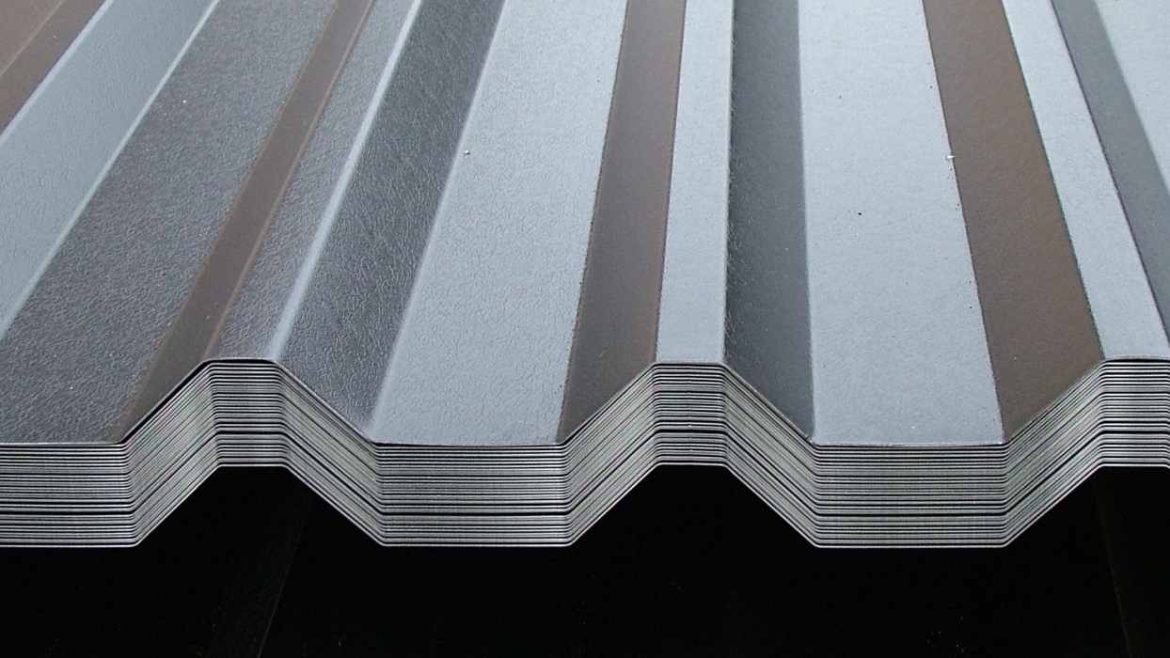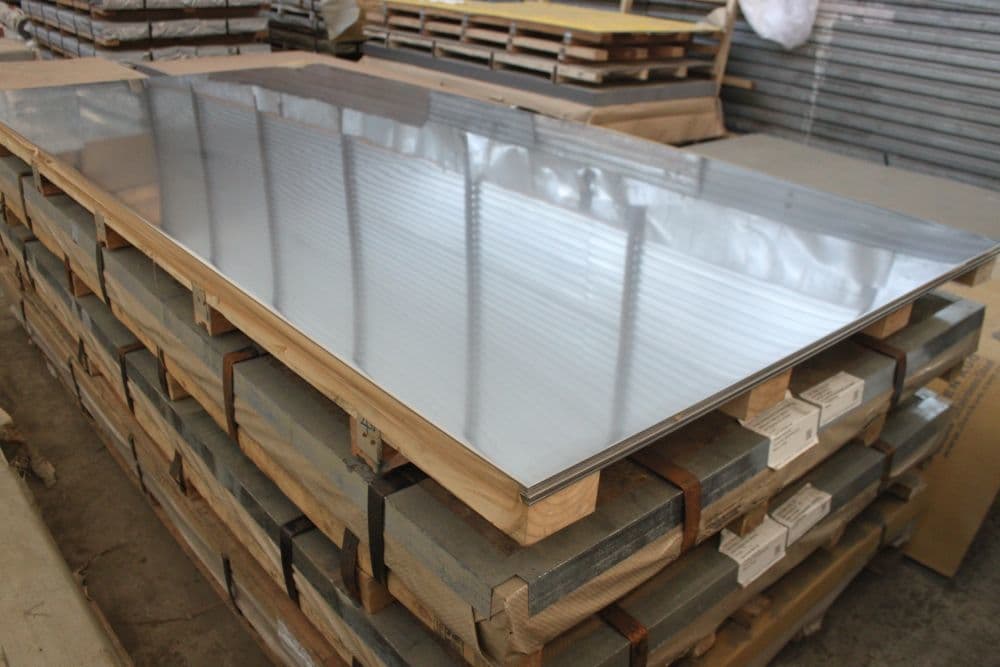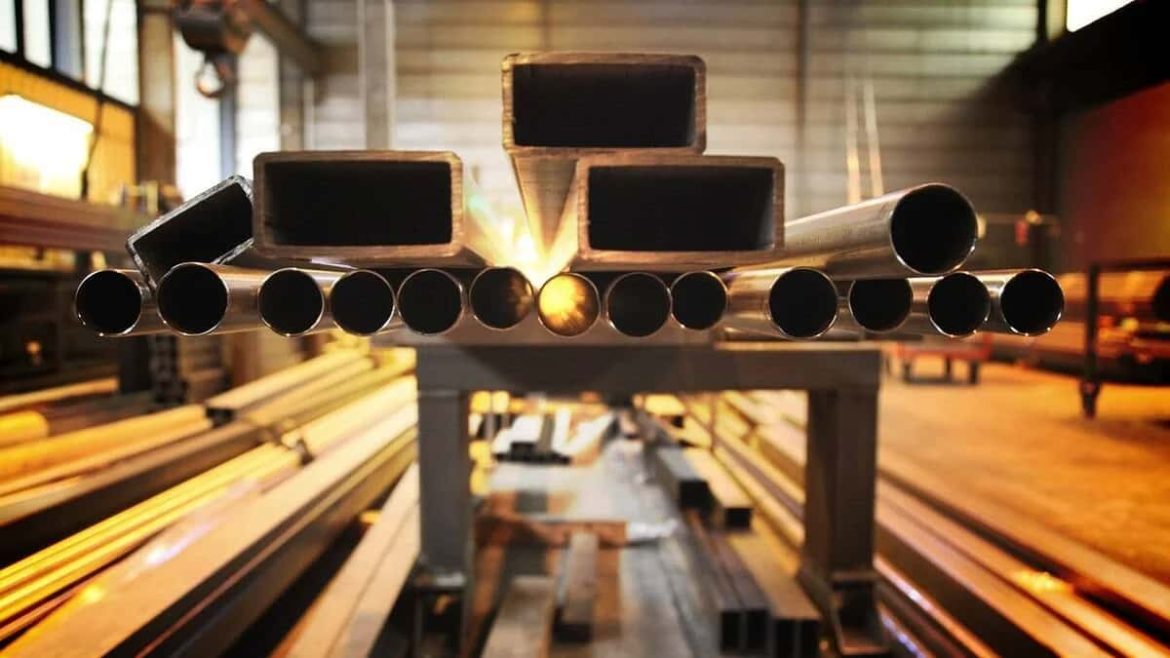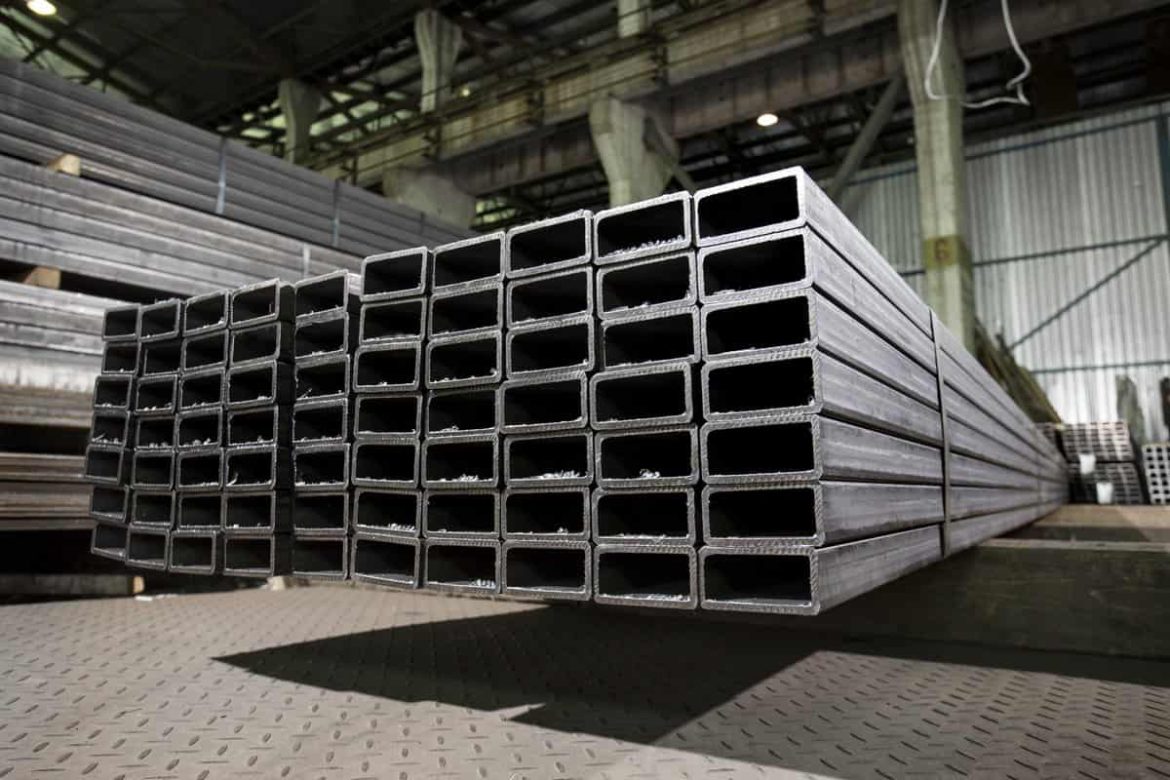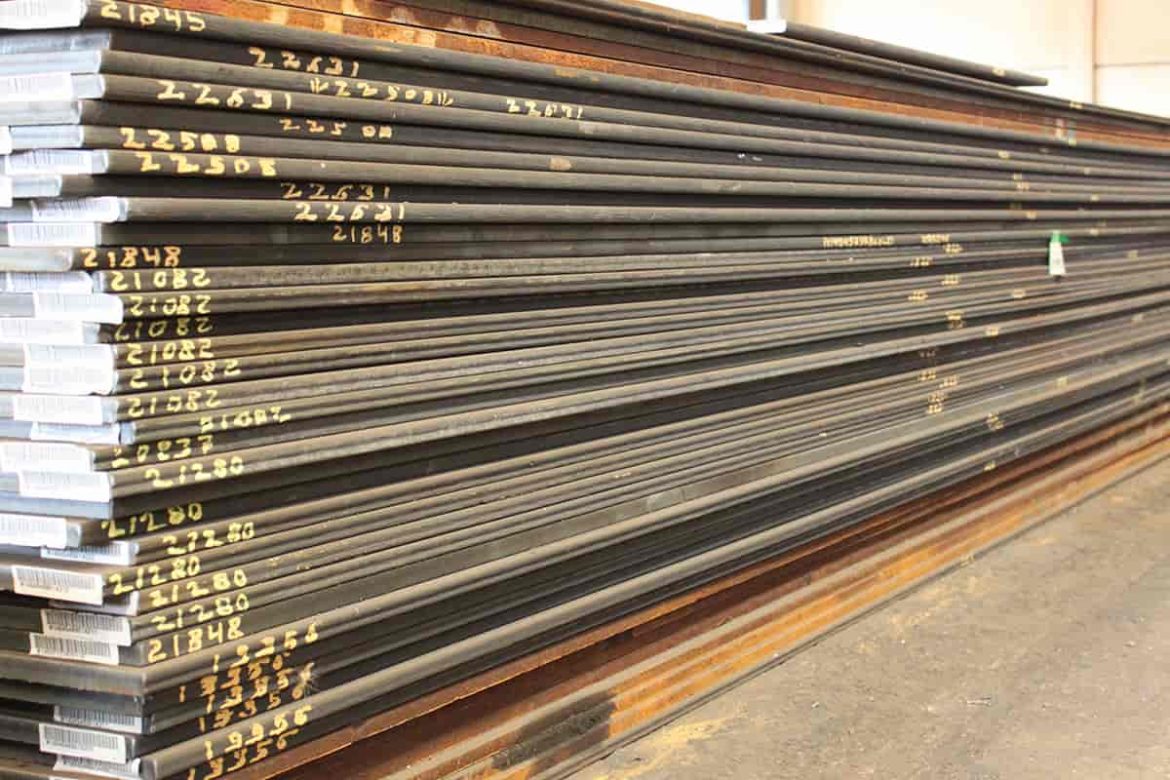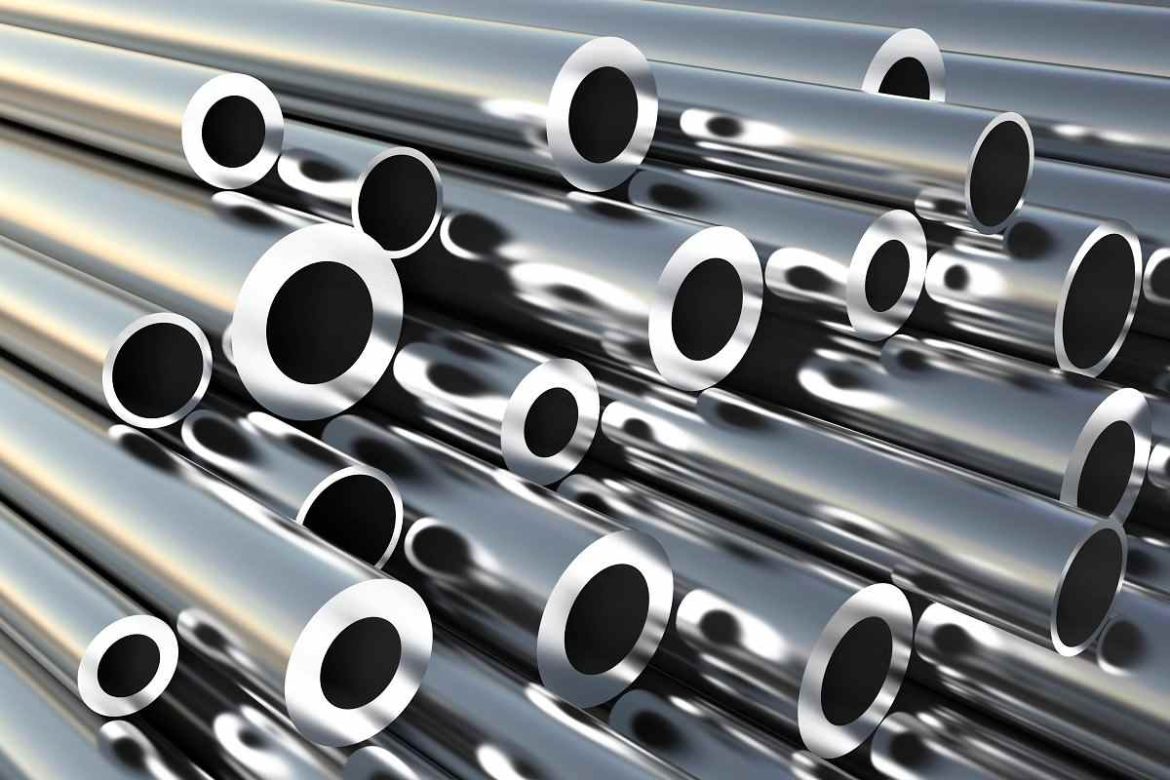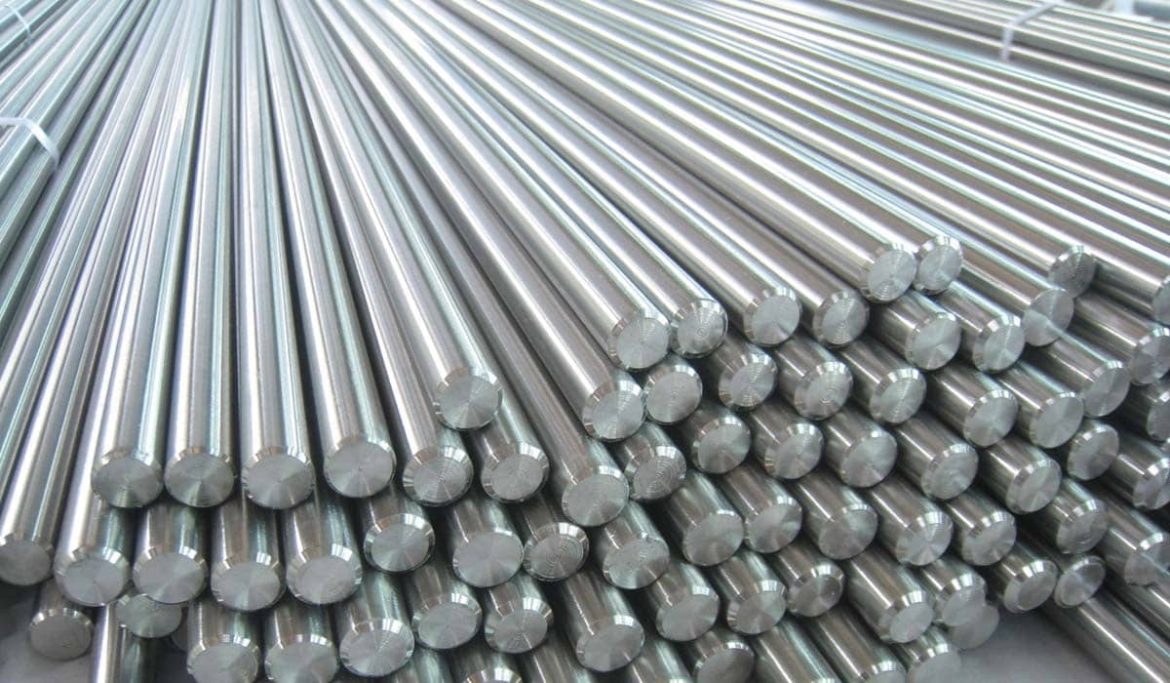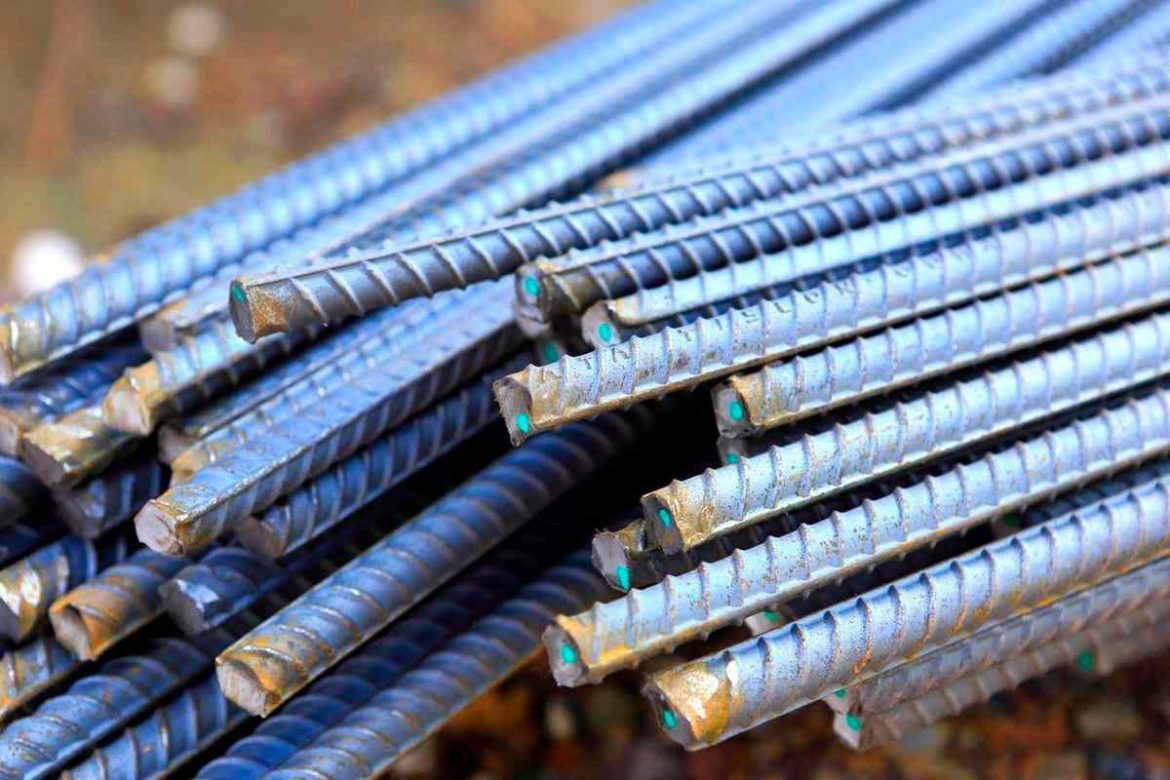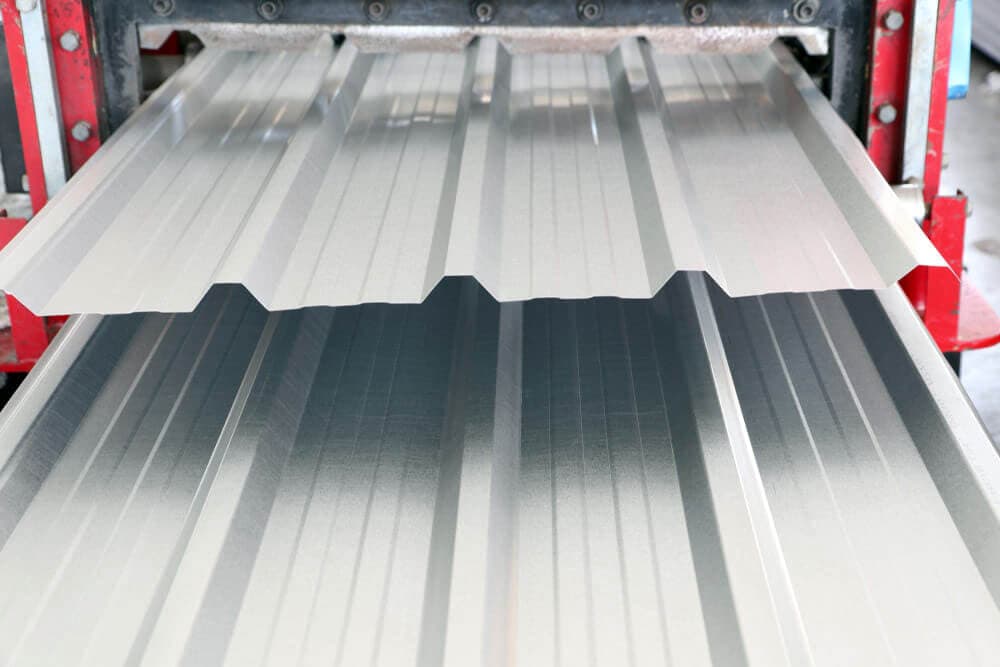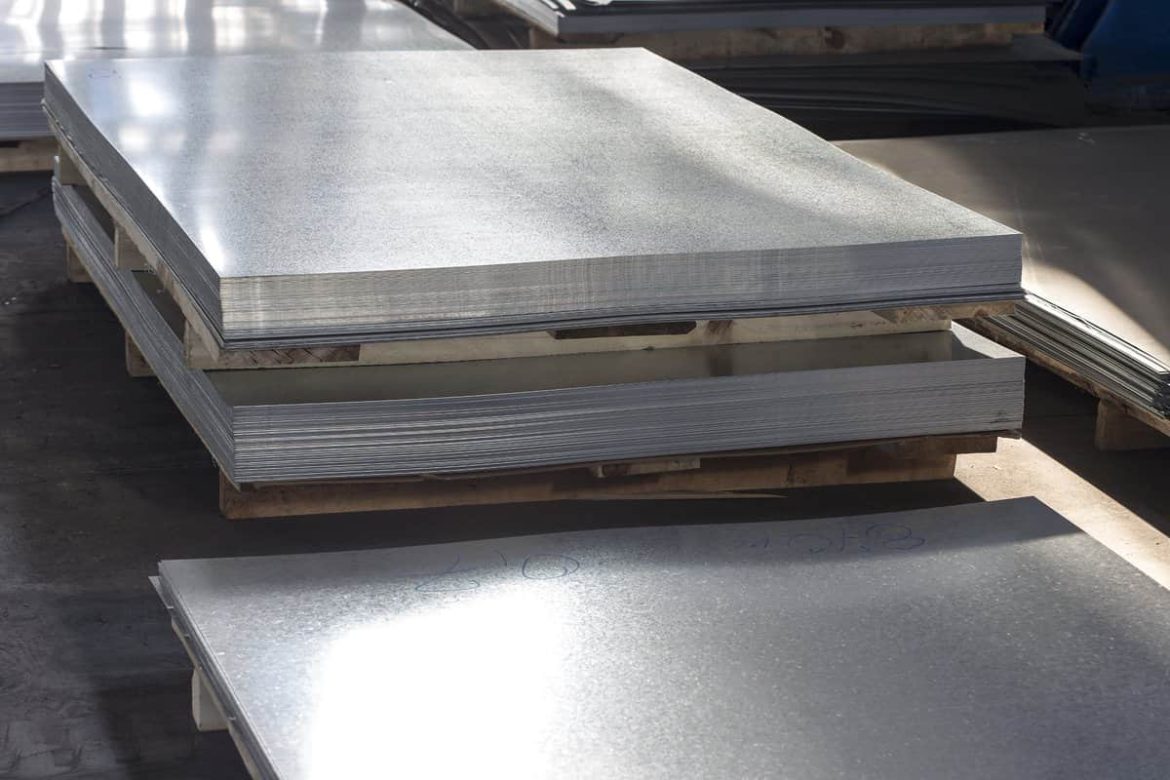Introducing the types of steel sheet +The purchase price
Steel sheet is a type of metal sheet that has a smooth surface, can be rolled and coiled, and is a matter of supply to industries in the same manner
Steel sheet is also known as steel plate
There are numerous varieties of steel sheets, each of which is categorized and given a name according to the technique of manufacture that was utilized and the raw materials that were included in its composition
Black sheet: The surface of these sheets is not smooth and polished, which is why they are known as black sheets
The lack of smoothness and polish also contributes to their name
The method of hot rolling is utilized in the production of these kinds of steel sheets
Use a rolling technique
In order to mold the steel and achieve the necessary thickness, rollers are utilized in the process
These sheets are utilized in the manufacturing of a variety of products including welded pipelines, tankers, ships, profiles, and hulls
Sheets made of galvanized steel (in white): When making items made of steel, welding is one of the most crucial processes that must be taken into consideration
In addition, the use of stainless steel can be quite pricey for certain types of businesses
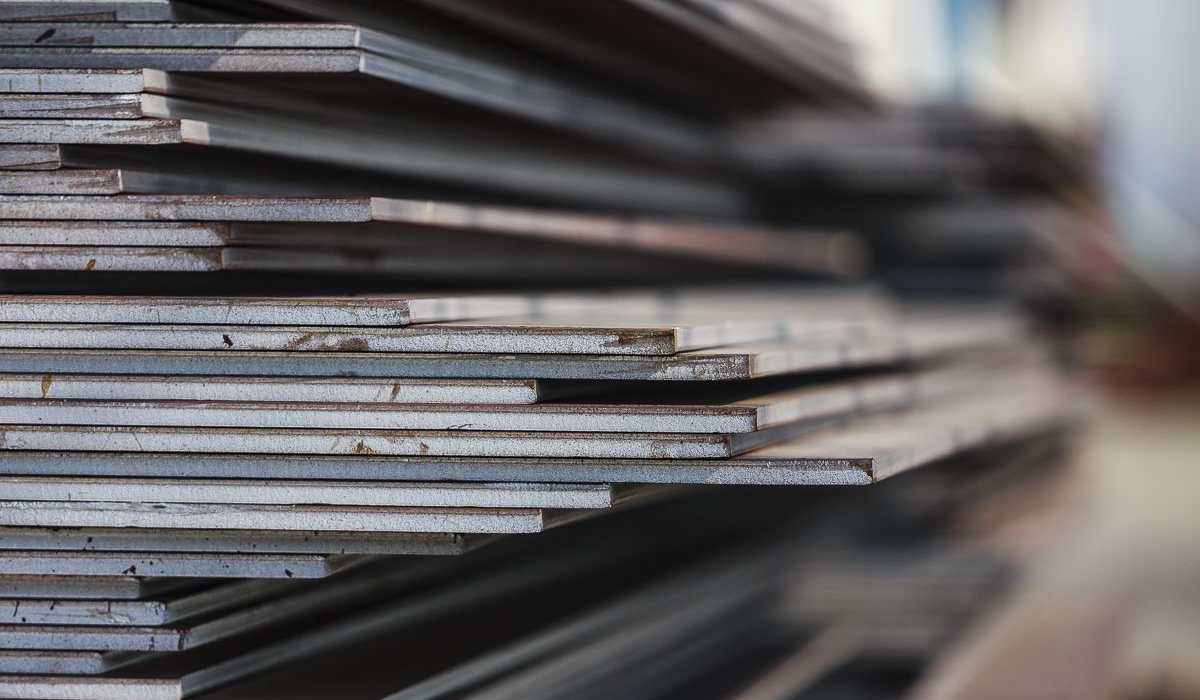
As a consequence of this, it is necessary to find a solution that would enable the production of the steel sheet at a cheaper cost
It has been made as corrosion-resistant as was humanly conceivable
Because of this, a galvanized coating is applied to stainless steel sheets during the manufacturing process
Steel sheets of the greasy type are submerged in a vat containing molten metal during the galvanization process
This produces galvanized sheets
And then zinc should be allowed to cover the top of the sheet
The sheet will be strengthened more effectively the more zinc is utilized to cover it
Additionally, it has a stronger resistance to corrosion
In addition, galvanized sheets have a longer life and can typically continue to function for up to 50 years
Even when subjected to high levels of humidity, they can continue to function well for up to 20 years without requiring any sort of repair or upkeep
Galvanized sheet is utilized in a wide variety of applications, including but not limited to water pipes, cabinets, tanks, and water storage tanks
Oil sheet: The polished and shiny appearance of oily sheets is the source of their nickname, which does not accurately reflect their texture
They were given it
The employment of the cold rolling procedure, which results in the sheet having a glossy surface, is what is responsible for the production of these
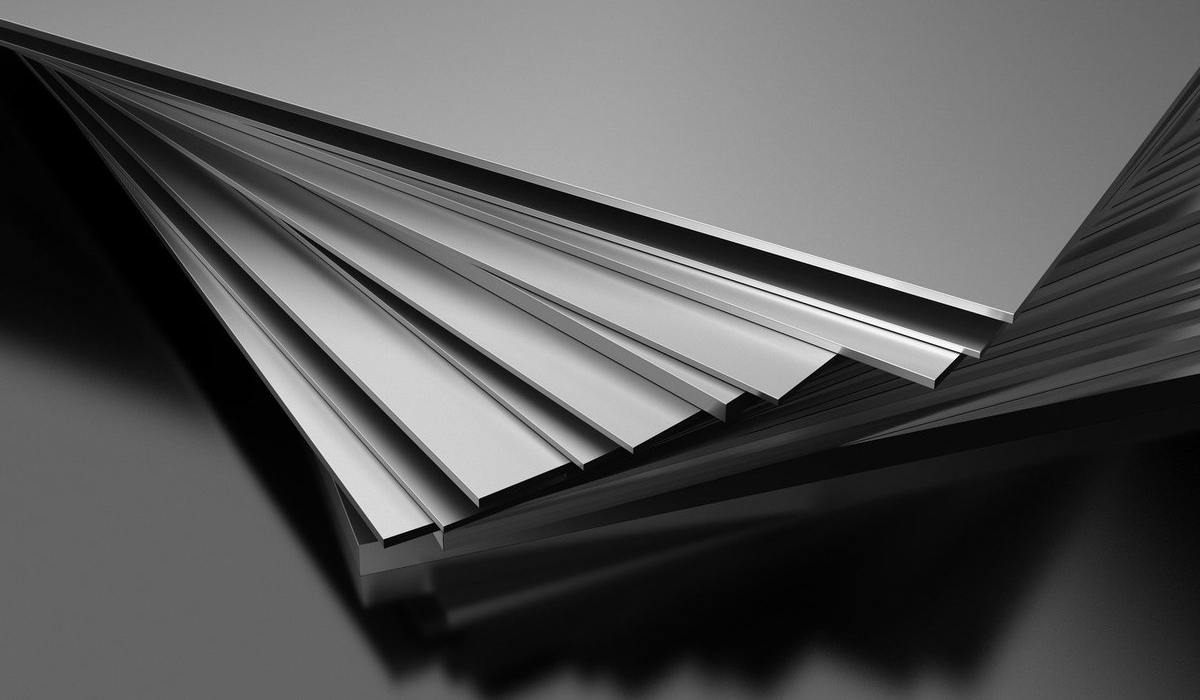
The goal of the cold rolling procedure is to simultaneously produce a steel sheet of high quality, which is its namesake
Create anything with a relatively thin layer
The end result of using this procedure is the hot rolling process’s output product
After it has been cooled, it goes through the process of acid washing, and then the coil is screwed back together
After that, it was reintroduced into the process of cold rolling and the steel sheet
In order to obtain the desired thickness for the sheet, it will now travel through the rollers at a temperature that is lower than before
The fabrication of galvanized sheets begins with these different types of sheets as the raw material
And are put to use in the manufacturing of things like the covers for refrigerators and many other home equipment like stoves and the like
chequer plate: Because sheets with a polished surface do not have this possibility, geometric protrusions are created on the surface of these sheets so that objects can be placed and moved more easily on them
This is done because sheets with a polished surface do not allow for such a possibility, and objects will undoubtedly slip on them
When producing sheets, treading machines are utilized to form the appropriate protrusions on the steel sheet
These sheets are then employed in the production process
These sheets find use in a variety of structures, including emergency staircases, deck floors and pedestrian bridges, the floors of trucks and vans, etc
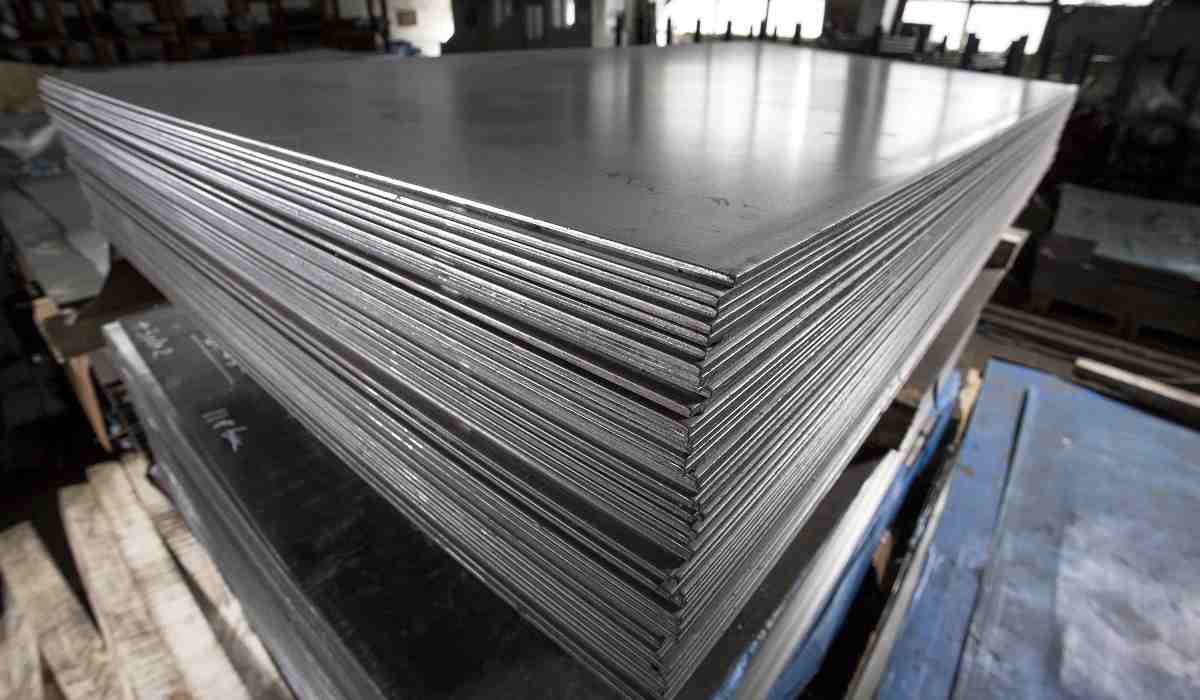
Sheets of various colors A metallic gray tint characterizes the steel sheet in its default state
As a direct consequence of this, the top surface of the steel sheet is not seldom coated with a coating of electrostatic paint
At the moment, there are 15 different colors available for the steel sheets that are used in the production of pavilions, gables, roofs of sheds, household appliances, and other similar things
These sheets have a low overall weight and a high degree of ductility
In addition, their resistance to moisture and corrosion is significantly improved by the presence of a layer of paint
The production of these sheets begins with the thorough removal of any grease or other impurities that may have been present on the surface of the sheet
Next, the sheets are washed and put through a number of other preparation stages before they are ready to be painted
When referring to the process of making these sheets, the term “electrostatic painting” refers to the step in which a type of paint (made of epoxy, polyester, polyvinyl chloride, or polyurethane) is sprayed onto the sheet, and then the sheet of steel is placed into the furnace
Galvanized sheet in various colors The steel business creates a variety of products, including colored sheet as one of those things
The creation of this colored sheet occurs concurrently with the fabrication of galvanized sheets and gives an additional layer of protection to the product
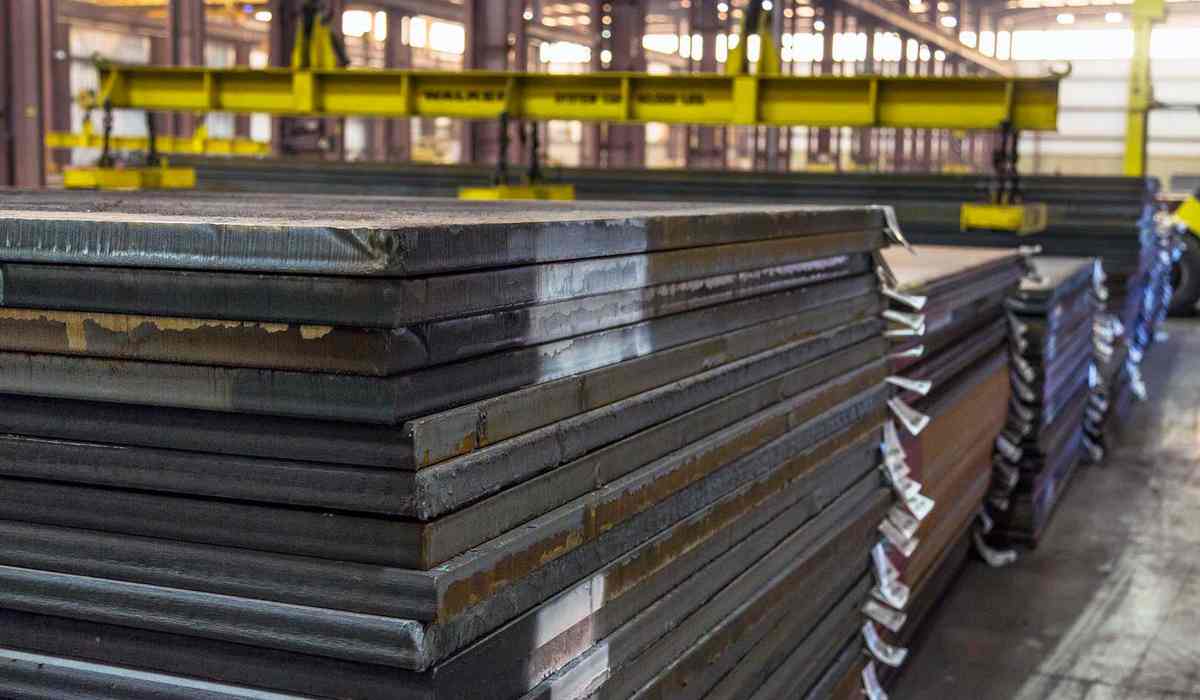
The galvanized coil is introduced into the colored sheet production machine in this manner, and the process of preparation then gets on
A degreasing solution is used to wash the galvanized sheet, and then a brush is used to polish the surface of the sheet
This procedure is carried out twice in order to ensure that the surface of the galvanized sheet is free of any dust and other potential contaminants
Following this stage, the sheet is subjected to hot air drying in preparation for the subsequent stage
Now, a certain chemical is sprayed on both sides of the sheet surface, and then the sheet is dried once again
This step is done in order to increase the corrosion resistance of the steel, as well as the paint’s ability to adhere to the steel surface
This substance has the quality of preventing the color from fading or scaling
